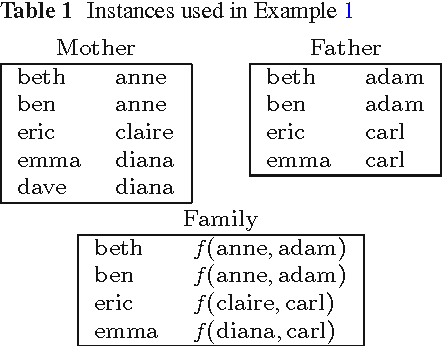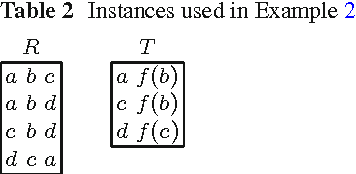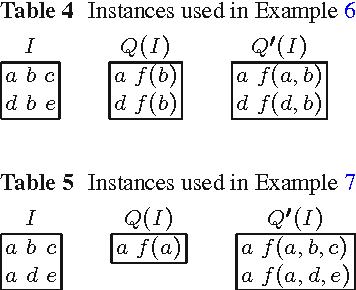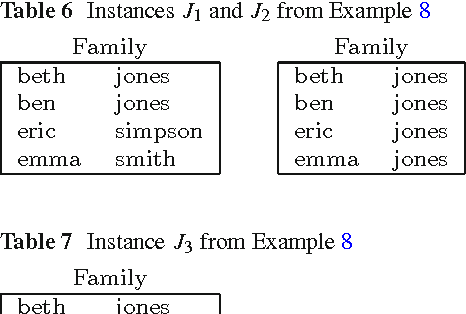Riccardo Torlone
A Survey on Large Language Models with some Insights on their Capabilities and Limitations
Jan 03, 2025



Abstract:The rapid advancement of artificial intelligence, particularly with the development of Large Language Models (LLMs) built on the transformer architecture, has redefined the capabilities of natural language processing. These models now exhibit remarkable performance across various language-related tasks, such as text generation, question answering, translation, and summarization, often rivaling human-like comprehension. More intriguingly, LLMs have demonstrated emergent abilities extending beyond their core functions, showing proficiency in tasks like commonsense reasoning, code generation, and arithmetic. This survey paper explores the foundational components, scaling mechanisms, and architectural strategies that drive these capabilities. Emphasizing models like GPT and LLaMA, we analyze the impact of exponential data and computational growth on LLM performance, while also addressing the trade-offs associated with scaling. We also examine LLM applications across sectors, such as healthcare, finance, education, and law, highlighting their adaptability and potential to solve domain-specific challenges. Central to this work are the questions of how LLMs generalize across diverse tasks, exhibit planning, and reasoning abilities, and whether these emergent abilities can be systematically elicited or enhanced. In particular, we provide some insights into the CoT (Chain of Thought) and PoT (Plan of Thought) abilities within LLMs, focusing on how pre-training data influences their emergence. Additionally, we investigate LLM-modulo frameworks that integrate external systems, allowing LLMs to handle complex, dynamic tasks. By analyzing these factors, this paper aims to foster the ongoing discussion on the capabilities and limits of LLMs, promoting their responsible development and application in novel and increasingly complex environments.
Mapping-equivalence and oid-equivalence of single-function object-creating conjunctive queries
Jan 12, 2016



Abstract:Conjunctive database queries have been extended with a mechanism for object creation to capture important applications such as data exchange, data integration, and ontology-based data access. Object creation generates new object identifiers in the result, that do not belong to the set of constants in the source database. The new object identifiers can be also seen as Skolem terms. Hence, object-creating conjunctive queries can also be regarded as restricted second-order tuple-generating dependencies (SO tgds), considered in the data exchange literature. In this paper, we focus on the class of single-function object-creating conjunctive queries, or sifo CQs for short. We give a new characterization for oid-equivalence of sifo CQs that is simpler than the one given by Hull and Yoshikawa and places the problem in the complexity class NP. Our characterization is based on Cohen's equivalence notions for conjunctive queries with multiplicities. We also solve the logical entailment problem for sifo CQs, showing that also this problem belongs to NP. Results by Pichler et al. have shown that logical equivalence for more general classes of SO tgds is either undecidable or decidable with as yet unknown complexity upper bounds.
 Add to Chrome
Add to Chrome Add to Firefox
Add to Firefox Add to Edge
Add to Edge